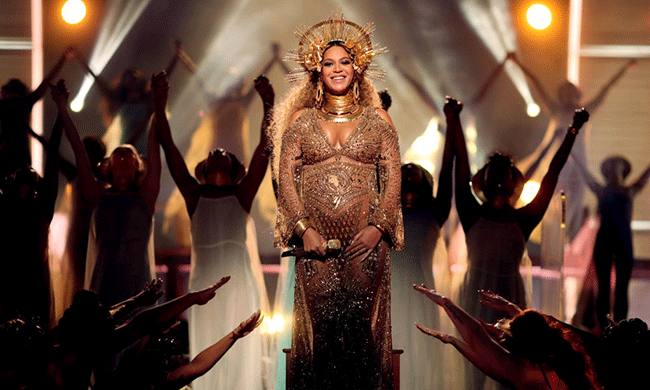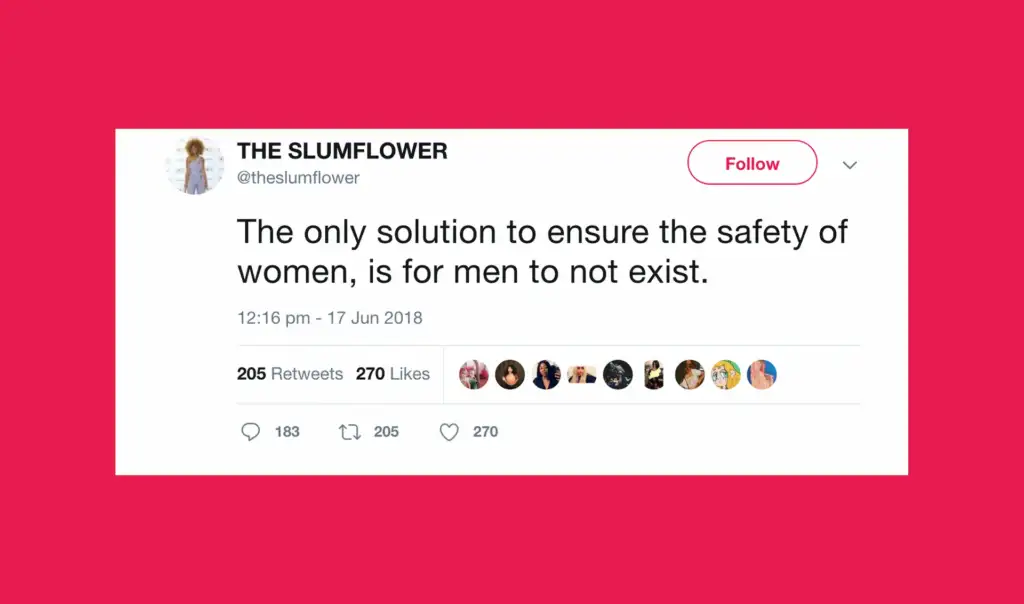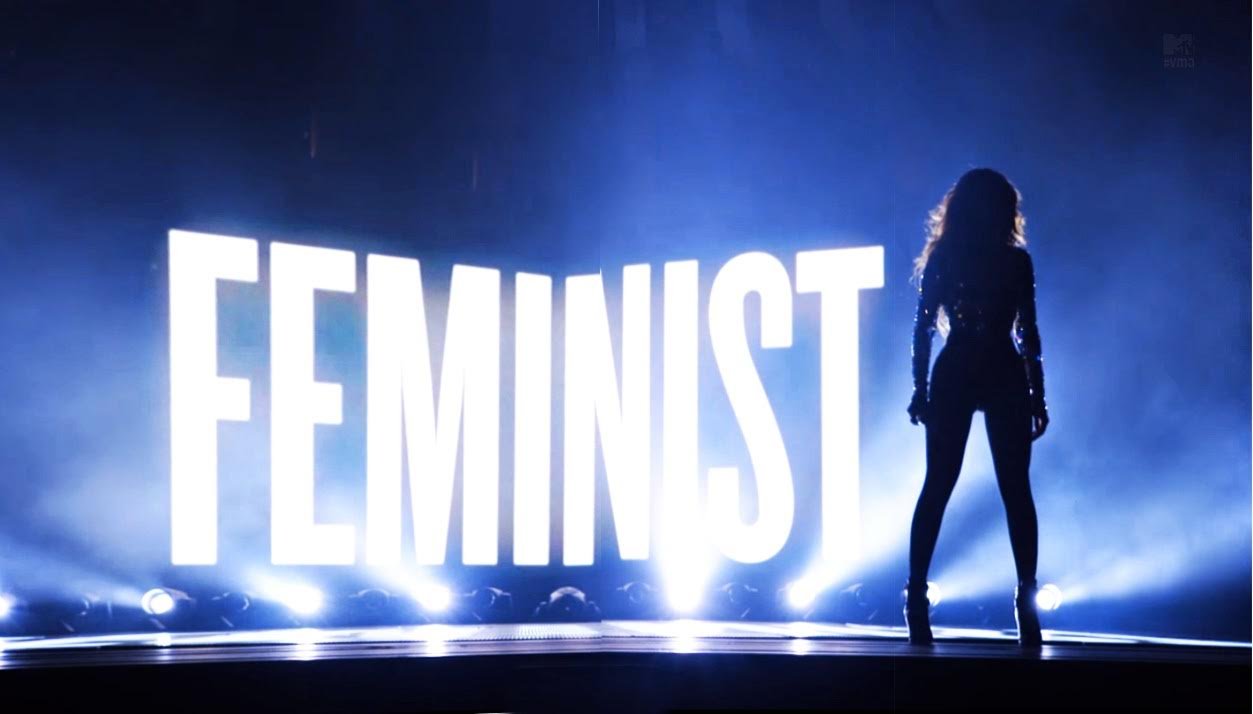Pop Feminism claims to be everything, all at once, all at the same time. It’s the sassy hashtag, the feminist quotes, the social media influencer with a “girl boss” attitude, It also claims to be a defender of women’s rights, a warrior against beauty standards, a promoter of body positivity, and more importantly, a safe space for all—all except Men.
So is this true feminism, or something else entirely?
At its core, feminism seeks to champion slogans of self-love and empowerment, and challenges traditional gender norms and systems of oppression. However, in the age of pop feminism, this mission seems to have taken a backseat, in favour of a preoccupation with criticising male behaviour and obsessing over their validation.

This is evident in various aspects of pop culture, from social media influencers to bestselling books such as “Men Explain Things to Me” by Rebecca Solnit. While these platforms may promote messages of female empowerment, they often do so in a way that seems to define women’s worth in relation to men.
This difference becomes even more pronounced in the social media age, as you see stories about girl power and smashing the patriarchy all over Instagram and TikTok, videos and images talking about embracing your curves, saying ‘bye’ to gender norms, and fighting for equal rights, but in more cases, these messages usually have an underlying tone of trashing men rather than uplifting women.
Chidera Eggerue, a popular feminist, widely known as The Slumflower, recently shared online, “I don’t have time to think about the reasons why the system you created at my expense to benefit you is now choking you…If men are committing suicide because they can’t cry, how’s it my concern?”

This raises important questions about the inclusivity and authenticity of pop feminism, because the core of feminism involves fighting for a world where everyone is equal and women can thrive on their own terms, while pop feminism simply seeks to put men and women up against each other, and have them compete in pre-existing male-dominated spaces.
By excluding men from the feminist conversation, with statements like this, “Man hating and feminism are two different things. I support both,” from popular musician Zara Larsson, pop feminism misses out on an opportunity for meaningful dialogue and collaboration, since men are also affected by gender norms and stereotypes, and their participation is essential in creating lasting change.
So why exactly does pop feminism dismiss men despite being obsessed with them?

In the end, pop feminism seeks to insert women in all male-dominated spaces and have them compete hand-in-hand with men regardless of circumstance. A student at Oxford recently shared in a tweet, “Modern feminists would rather that if men could drink themselves under the table and get liver disease, then women should also drink themselves under the table and get liver disease just as good as men, if not better” thereby falling into the trap of replicating unhealthy male behaviours, which seems to be the pop feminist rallying cry in recent days.
Pop Feminism which has helped raise awareness about gender inequality in mainstream culture, must reckon with its contradictions and strive for true inclusivity. It’s not enough to claim to be a safe space for all while simultaneously excluding half of the population. If pop feminism truly wants to be fair, it must open its doors to everyone, regardless of gender, and look beyond girl power versus male dominance, instead, it should be about building a truly equitable world for everyone—yes everyone!
Read More Culture Stories From KLATMAG
Written by Angel Joanne Okonkwo





